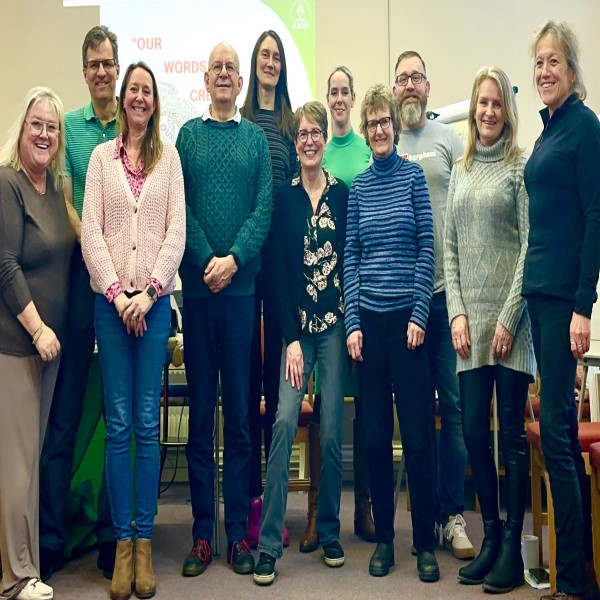Appreciative Inquiry Training
Published on Thursday 3th March 2024 by Dan Short

Appreciative Inquiry (Ai) is a paradigm shift in Organisational Development and Change Management practice based on research evidence from positive psychology, sociology and neuroscience. Developed originally by David Cooperrider at Case Western University, USA, in the mid 1980’s, it focuses on the positive experiences and qualities of an organisation or system, rather than on its problems or shortcomings. Ai seeks to shine a light on what is already working well that can be built upon, and to engage the organisation, group or community in co-creating effective and sustainable strategies for future development. Alder has extensive experience in using its tools and techniques in a wide range of circumstances.
In the current climate, we are aware that many public organisations are suffering from exhaustion and demoralisation as people are asked to do more with ever dwindling resources. Top down re-organisations and new initiatives are often met with scepticism and lack of engagement and prospects going forward are perceived to be bleak. Wherever possible Ai involves the whole system in determining its future, releasing creative potential and reigniting energy and enthusiasm at the individual and collective level. In contrast to standard ‘fix the problem’ approaches, it’s inquiries and interventions leave an organisation in a more positive and healthy state.
Along with our allies in the International Alliance for Appreciative Inquiry (IAAI), Alder Advice offers comprehensive training in Appreciative Inquiry from the introduction stage through to certification as an Ai Practitioner. True to the spirit of Appreciative Inquiry, the courses provide lots of opportunity to ‘learn by doing’ and the Introduction to Ai is great team building and high-level strategy development opportunity. A recent corporate client commented that they joined the group training hoping to learn some new techniques and left with a collective aspiration to transform the whole way they do business.



